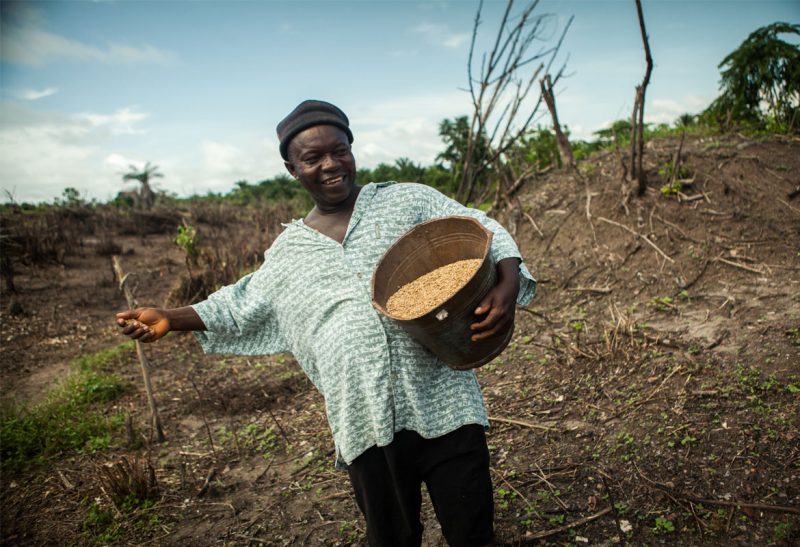It’s impossible for us here in Wales to imagine living in a country where drought, famine and war is a fact of life. We are very lucky here; we have no wars, we have enough water, and on the whole, we have enough food.
But this is not the case in Eastern Africa. Millions face starvation, and some countries, like Somalia, are in the middle of a period of severe conflict and political instability. The combinations of these factors have created a heartbreaking scenario. But another factor makes everything worse; climate change.
Climate change has made the situation from being bad to catastrophic. The lack of rainfall and the rise in temperature has destroyed the livings of thousands in the region, and has thrown countries like Somalia towards full on famine. The climatic pattern in the past 30 years has showed a rise in temperature creating insufficient rainfall, resulting in drought almost every year. Why does this happen? By now it’s quite clear; our effect on the planet is responsible for the dramatic change to the climate.
Millions across the region need some sort of humanitarian assistance; more than 11 million by now. Millions of these are children, all in danger of starvation and acute malnutrition. Millions are living without enough food and water, and conflict and fighting means that thousands are forced away from their homes.
It’s not just a problem that affects East Africa; across the world, countries are feeling the pressure and effects of climate change. Take the Kiribati, Tuvalu and Marshall islands in the Pacific Ocean as an example. They are already facing a possibly disastrous situation as rising sea levels threaten to flood their islands. The same is true for many Pacific islands, and climate change is having other effects, increasing phenomena’s such as wildfires, floods and storms across the world. Climate change is not a far-away problem; it does have an effect on all of us, and now is the time to act.
We are thousands of miles from the hardships of East Africa, wildfires of Australia, and the high tides of the Pacific. But it’s time for us to accept and to take responsibility for what is happening. The poorest people in the world are suffering most from the effects of climate change, even though they are the ones with the lowest contribution to the problem. The way in which we live in developed countries has a far-reaching impact on the lives of millions around the world, and the damage we are causing to the environment around us is disastrous. We need to raise our voices, to ensure that our governments act to lower emissions and to act more responsible towards the environment.
It’s true that some countries have already started to acknowledge the problem, and are acting and accepting the fact that change is crucial, but this is not enough. The million suffering in East Africa is proof enough.


Leave A Comment